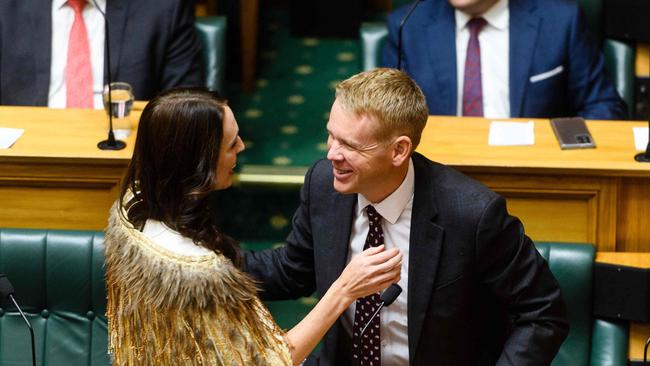
Reports of New Zealand’s fall to communism always gave Ardern’s government too much credit. Six years on, tax policy is largely unchanged. Inequality has worsened. Under Ardern and her successor Chris Hipkins, New Zealand has become more Sino-sceptical and more pro-Five Eyes and NATO than at any time since the 1985 ANZUS suspension.
Ardernism was always performative. Her government couldn’t build 2 per cent of the affordable homes promised let alone organise a decent dekulakization. As a substitute for action, Ardern used woke language and promised more Maori seats on government committees, but Hipkins cancelled both. After initial hints about taxing the rich to cut middle-class taxes, Hipkins has since adopted Ardern’s promise of no capital-gains or wealth taxes under his leadership.
Hipkins’ plan was to bleed votes to far-left parties but pick up support from New Zealand’s Malcolm Turnbull-like National opposition. It’s worked a bit.
Roy Morgan Australia, which most accurately picked New Zealand’s 2020 election, had Labour on 27.5 per cent in December, with another 15 per cent backing one of the far-left Green or Maori parties.
National, led by the unpopular socially conservative but economically wet Christopher Luxon, had 35 per cent, with another 14.5 per cent for the Act Party, on the economic right.
In June, Roy Morgan had the far-left parties up 1.5 per cent compared with December, presumably at Labour’s expense. But Labour, despite falling from its immediate post-Ardern highs, was up 3 points compared with December. With Act also up 0.5 per cent, the big loser is National, down 5 points to 30 per cent. Just 10 weeks before Kiwis in Australia can download their voting papers from vote.nz, New Zealand’s problem is not so much socialism or wokeism but malaise. Roy Morgan reports 54 per cent of Kiwis think New Zealand is heading in the wrong direction and only 38 per cent in the right direction.
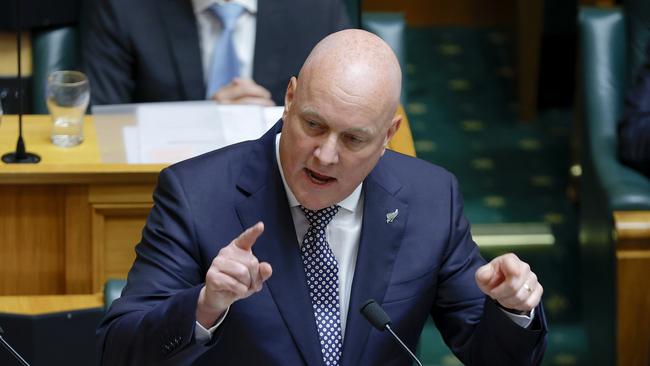
It’s worse according to National’s pollster, Curia, with 65 per cent saying New Zealand is on the wrong track and just 22 per cent on the right track. Labour’s pollster, Talbot Mills, says voters have been this negative only three times since 1990, during the deep 1991 recession, the 1997-8 Asian economic crisis, and the 2007-8 global financial crisis. Perhaps reflecting that sentiment, Luxon caused controversy in June when caught telling farmers New Zealand has become “a very negative, wet, whiney, inward-looking country, and we have lost the plot and we have got to get our mojo back”.
Yet voters clearly perceive Luxon as more part of the problem than a solution. While National’s Curia reports Hipkins on a new low of +15 per cent net favourability, Luxon is also on a shocking new low of -6 per cent. Averaged, polls suggest a hung parliament requiring new elections or a government with a one-seat majority, either Labour-Green-Maori Party or National-Act.
National’s donors are appalled by the tight polls, given voters’ grumpiness with the status quo, the economy being in recession, house prices falling, floating mortgage rates over 8.5 per cent, 12.5 per cent annual food-price inflation and several ministerial scandals. Yet National strategists insist a largely policy-free campaign remains its best chance of ousting Labour, hoping for further economic deterioration to do the work.
Labour strategists are equally risk averse. The ensuing absence of policy, vision or even inspiring rhetoric from either big party has driven their joint support down to record lows.
Filling the void are the Green and Maori parties on the left and Act on the right. National and Labour respond with tales of what the small parties would extract from the other side, while denying their coalition partners would materially influence their own limp agendas.
The limp scenarios are more credible. The Green and Maori parties are clear they would never support a Luxon-led National and vice versa. Act and Labour are equally unwilling to deal. It’s a straight two-horse race between the two blocs, with Hipkins and Luxon insisting the other would be dangerous and disastrous, while mostly denying they’d do anything differently.
New Zealand’s net migration loss to Australia in 2022 was 13,400, the highest since 2013 and heading towards the annual average losses of 30,000 the previous decade. Don’t expect any post-election turnaround.
Matthew Hooton is a political commentator in New Zealand who has previously worked for the National and Act parties and the mayor of Auckland.


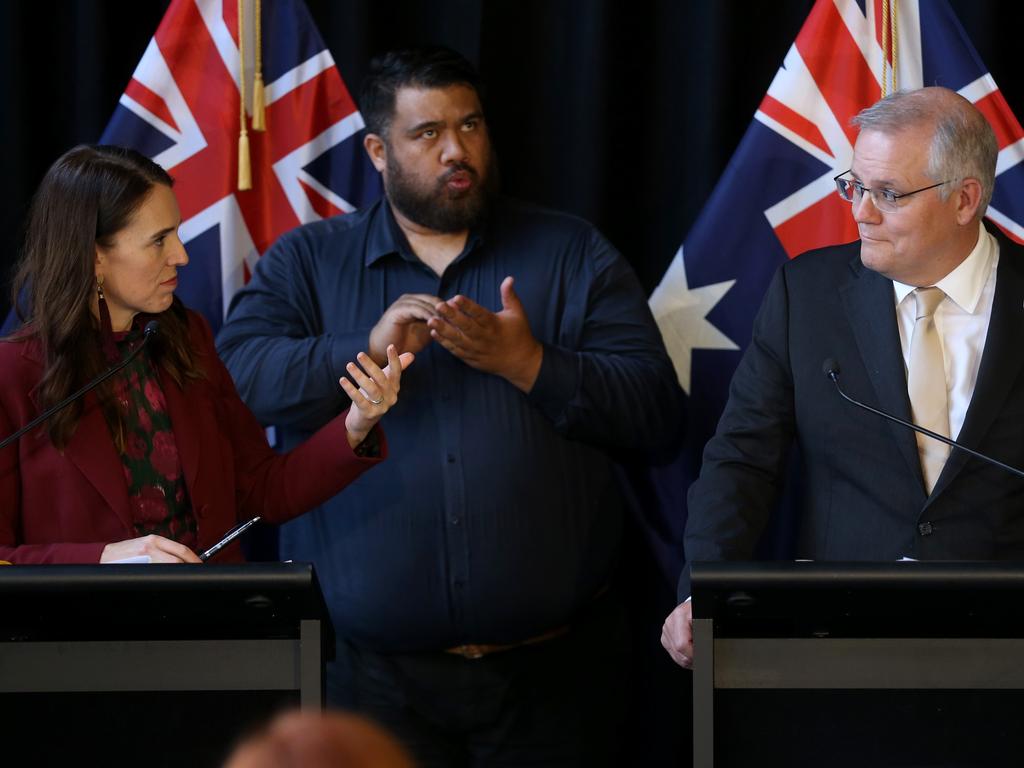

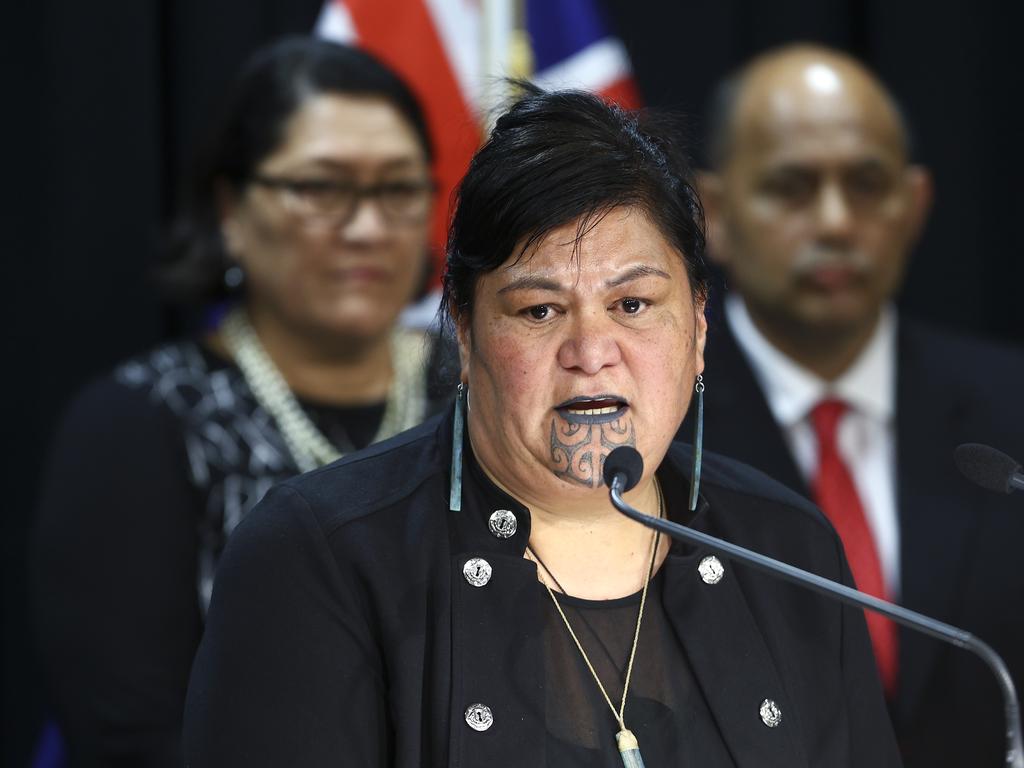
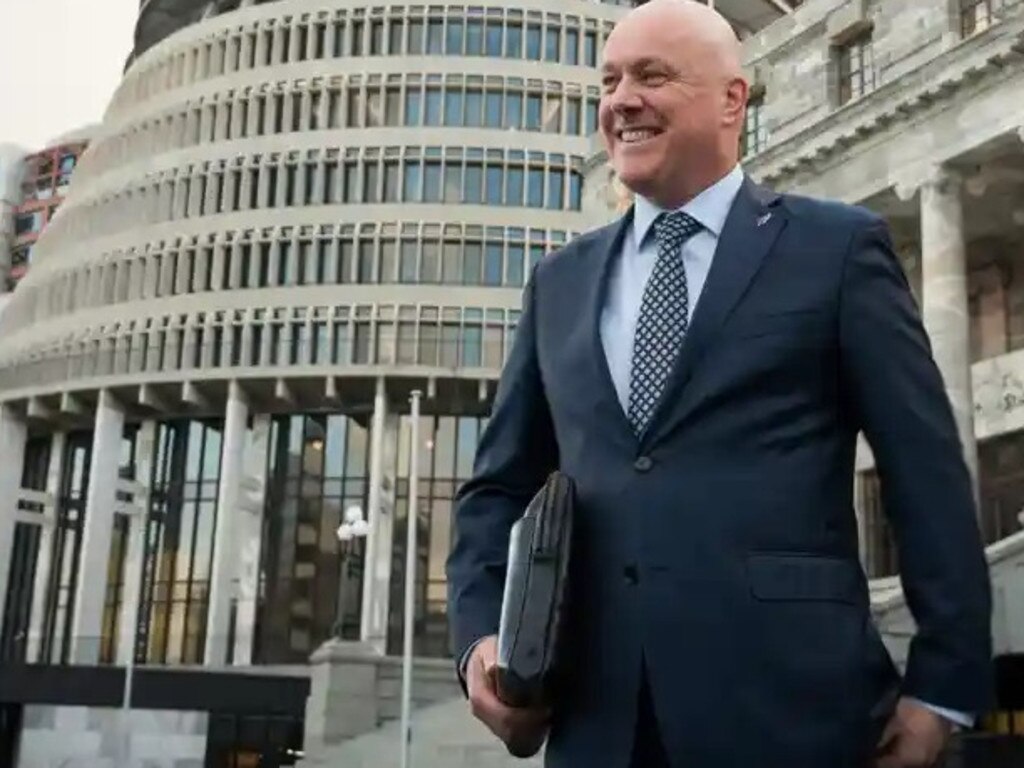


Two years ago, Jacinda Ardern apologised to Pacific immigrants for dawn raids in the 1970s. Last week, it was revealed they continued through her prime ministership. An inquiry by a former solicitor-general found that the apology, at a high-profile, televised event with Ardern centrestage, seemed “hollow”.